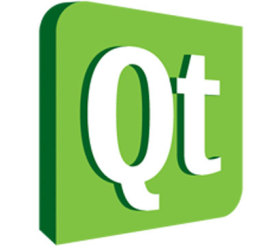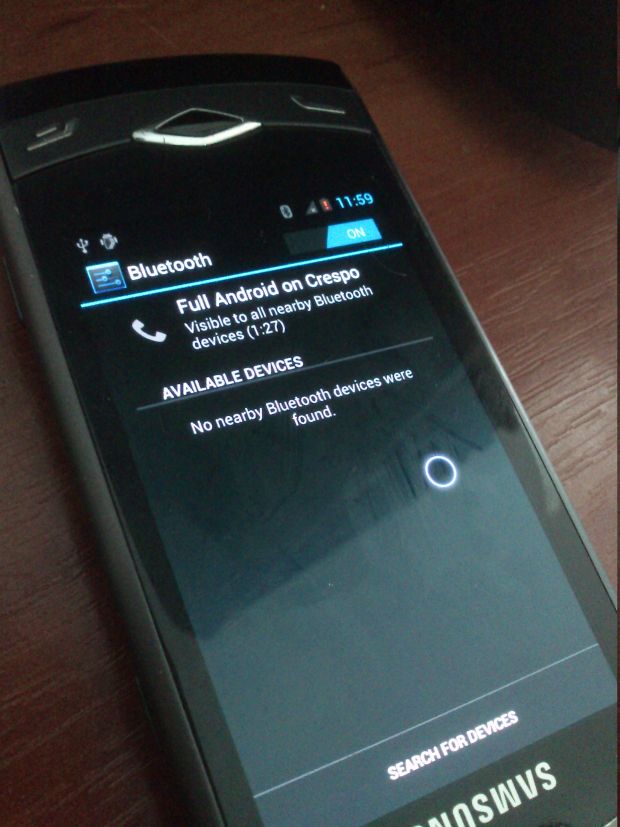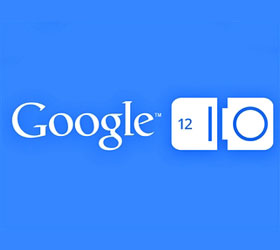Recent times have been quite turbulent for the Qt ecosystem, but it does seems like things might finally be settling down. Nokia is selling off Qt to Digia, a company that has recent history with Nokia and Qt. There had been speculation in recent times that such a thing would happen.
Qt, for those who haven’t heard of it, is a popular software development framework that is highly cross-platform. Qt applications can be written for Linux, Windows, OS X, Symbian, and recently work has been ongoing on an Android port as well. It is a highly portable framework as well—as evidenced by its presence on so many platforms.
Everything seemed fine till Nokia acquired Qt from its original developer Trolltech back in 2008. They poured a lot of development into Qt; a number of innovative features such as QtCreator a cross-platform IDE, QML and QtQuick. They also focussed on Qt for mobile.
At that point Qt was intended to become Nokia’s solution for building apps for all their phone platforms, Maemo / MeeGo, and Symbian. QtCreator added support for building such applications. Then suddenly, in early 2011 Nokia decided it would drop its Linux work, drop all the cross platform work done via Qt, drop Symbian, and adopt Windows Phone instead. Oh, and Qt, which Nokia had been pushing religiously till that point, would no work for building Windows Phone apps.
Nokia announced that they would continue developing Qt, but Digia would handle the commercial licensing aspects of Qt. Recently, they began shutting down their Qt department entirely, and now Qt is entirely under Digia’s hands. Some of Nokia’s employees that had been working on Qt at Nokia will also be absorbed by Digia.
This has already hampered the pace of development of Qt, which is currently working towards Qt 5. Still Digia seems enthusiastic about the framework and its future, and that is a good thing.
Digia has stated that will continue with the current dual license system, and offer Qt under both LGPL and a commercial licence. They will also be focussing on expanding the number of platforms supported by Qt by developing Qt for Android, iOS and Windows 8 as soon as possible.
This is good news as it continues with what Qt promises best a cross-platform framework for desktop and mobile applications.
Digia has also released a statement in release of the Qt community especially its largest consumer, KDE. The statement is reproduced in full as follows:
Dear KDE Community,
As you may have heard, Digia announced it plans to acquire the Qt technology from Nokia. This transaction secures Qt’s future as the leading cross-platform development framework. It also brings over a part of the Qt team previously at Nokia who, together with the Digia Qt R&D team, will be able to keep developing Qt further.
With this acquisition Digia will be the main company responsible for all of Qt, not just the commercial licensing business. We believe in the power of the Qt dual license. It is a great value for Qt that it can be used under an open source and commercial license. We want to continue the symbiosis with the KDE community and the KDE Free Qt Foundation.
Digia will take forth operating the Qt Project, including hosting the key systems via the Qt Project Foundation. It is very important for us to have a growing number of contributions from different members of the Qt community. We want to work with the entire Qt ecosystem through the Qt Project to make sure Qt will continue to thrive both under commercial and open-source licenses.
Continuing the development of Qt is both a challenge and an opportunity. It will be on the mutual shoulders of the community and Digia to secure the future of Qt as the best possible cross- platform development framework, a challenge we are ready to take on. The KDE community is a key driver and contributor to Qt and we therefore would like to further develop our relationship with you, via an even stronger dialogue and cooperation in the future.
We will continue the work originally set forth by Trolltech over 15 years ago to develop a framework that allows to write code once and deploy it everywhere. We will carry on improving Qt so that both our customers and the open-source users can rely on Digia’s continued investment to provide a development framework that will make their projects successful. We look forward to working with KDE in order to further strengthen and extend Qt’s global reach.
In about a month, the legalities of the acquisition will be concluded. Prior to that, we want to plan things together with you and other key stakeholders of the Qt community. We want to discuss and agree on the future of Qt so that we can all work efficiently together after the transaction is completed.
Yours,
Tuukka Turunen
Director, R&D
Qt has a rather large enough ecosystem, especially thanks to KDE. All KDE software is based on Qt, and KDE developers are working closer than ever with the developers to Qt with the result of having a better framework for all.
Qt developers were already discussing a time-based release plan for Qt 5. Periodic updates of 5.1, 5.2 spaced six months apart and patch releases 5.0.1, 5.0.2 every two months. Development would happen in three channels, fire-hose the constantly changing code branch where new features are implemented (alpha), leaky-faucet, the beta branch where existing features get bug fixes till they are stable, and finally dripping-bucket which will has patched and polished code that will eventually be released.



